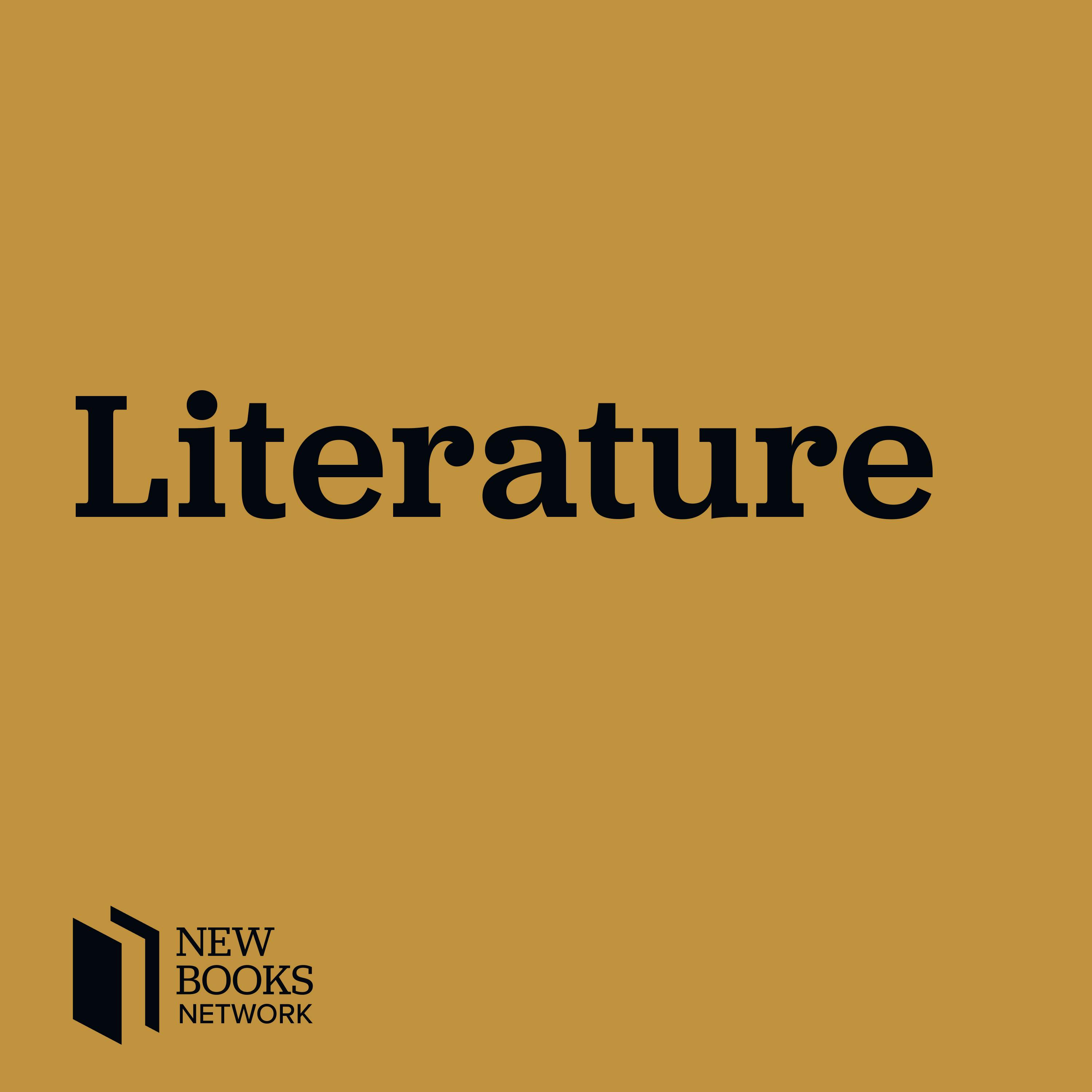Chandrica Barua is the Nonfiction and Online Editor for MQR. A PhD candidate in the Department of English Language and Literature, her dissertation focuses on encounters between imperial objects and colonial bodies in the British Empire, especially in British India. She hails from Assam, India.
What draws an editor to a particular essay? In Chandrica Barua’s case, her criteria definitely include: whether the essay is inventive in form (for instance, by being a hybrid or “braided” essay that brings together different topical strands) and if it surprises the reader by where it goes. Also of note are factors like: does it have a compelling title, a strong start, and a satisfying moment of closure? The first of the essays discussed here comes from a special, forthcoming African literature issue. Does Emelda Nyaradzai Gwitimah’s “My Hairdresser Is Dead” have an intriguing title? Absolutely, along with a sense of humor missing in many memoirs. In turn, another African essay, “Side Pieces” by Chike Frankie Edozien, looks at how gay sexual practices both operate outside of marriage norms and yet, in the end, conform to those norms to a degree. From the 2024 Winter issue, we discussed Julia Kolchinsky Dasbach’s “Zombie Tag,” about a Jewish refugee from the Ukraine and her autistic son obsessed with lizards because their identities change through camouflage. Finally, a visual essay, “Enacting Masculinity” by McCain Thomas, uses redacted legislative proposals from four Southern states to show how oppressive and misguided attempts can be to limit the rights of transgender people.
Dan Hill, PhD, is the author of ten books and leads Sensory Logic, Inc.
Learn more about your ad choices. Visit megaphone.fm/adchoices
Support our show by becoming a premium member! https://newbooksnetwork.supportingcast.fm/literature

